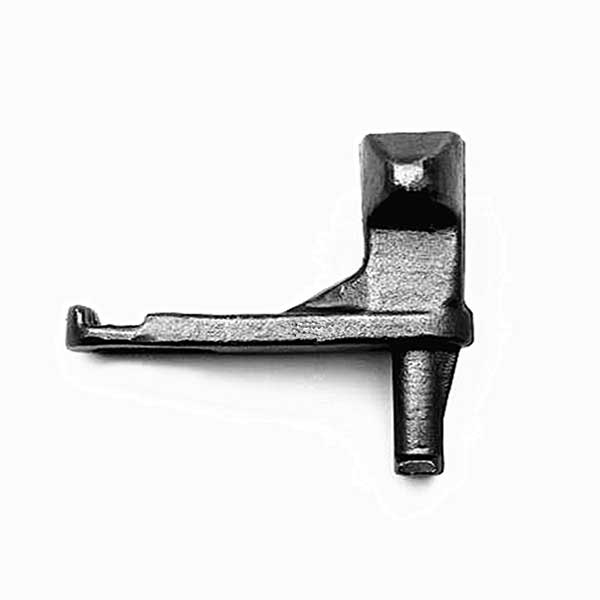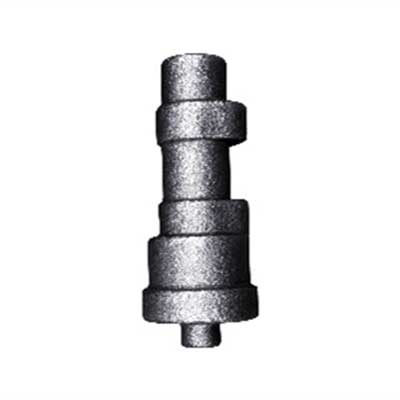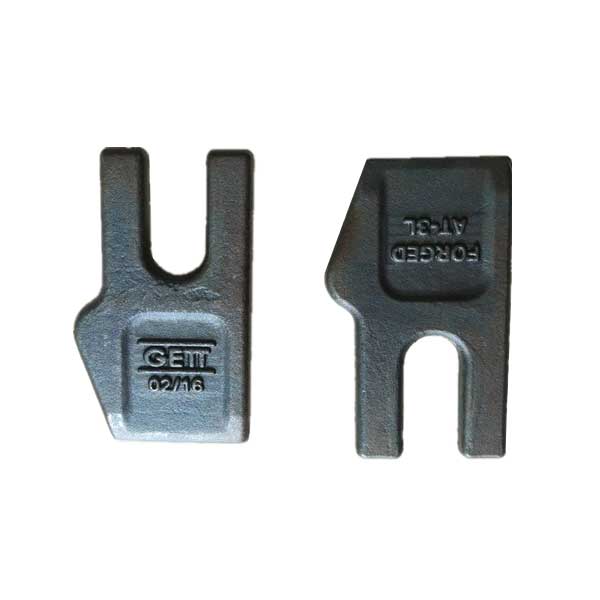Closed die forging, also known as impression die forging, is a metal forming process in which a heated metal billet is shaped and compressed within a closed die set. This process is commonly used in a wide range of industries due to its ability to produce parts with excellent mechanical properties and dimensional accuracy. Here are some common applications of closed die forging:
Automotive Industry: Closed die forging is extensively used in the automotive industry to manufacture various components, including crankshafts, connecting rods, gears, axle beams, steering knuckles, and suspension components. These parts require high strength, durability, and dimensional precision, which closed die forging can provide.

Aerospace Industry: Many critical components in the aerospace sector are produced through closed die forging. Examples include turbine disks, blades, shafts, landing gear parts, and structural components. The high strength-to-weight ratio and fatigue resistance achieved through closed die forging make it suitable for aerospace applications.
Oil and Gas Industry: Closed die forging is employed in the oil and gas sector to fabricate components like valve bodies, flanges, drilling equipment, wellhead fittings, and connectors. These parts need to withstand high pressures, corrosive environments, and heavy loads, which closed die forging can deliver.

Power Generation: Closed die forging is utilized in the power generation industry to manufacture turbine components, such as rotor shafts, blades, and discs. These components require exceptional strength, reliability, and resistance to thermal and mechanical stress, making closed die forging an ideal choice.
Agriculture and Heavy Equipment: Many agricultural and heavy equipment components are produced using closed die forging, including gears, sprockets, couplings, and structural parts. Closed die forging ensures the required strength, durability, and fatigue resistance necessary for such demanding applications.

Industrial Machinery: Various parts used in industrial machinery, including shafts, gears, crankshafts, and camshafts, are commonly manufactured through closed die forging. The process helps achieve the required strength and dimensional accuracy to ensure reliable performance under heavy loads and dynamic conditions.
Closed die forging offers several advantages, including improved mechanical properties, grain structure refinement, material utilization, and better surface finish. Its applications extend beyond those mentioned above, as closed die forging is widely employed wherever high-strength, durable, and precisely shaped metal components are needed.


